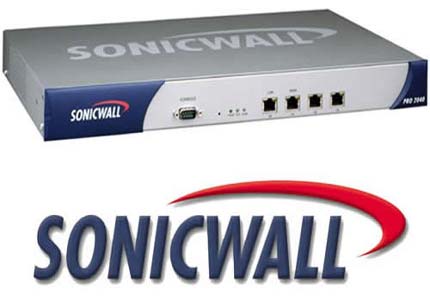
After a tumultuous nine months during which Dell attempted to integrate its SonicWALL business unit with the rest of its operations, the most channel-centric of all of the company’s business units has regained some of its autonomy.
Under the leadership of Curtis Hutcheson, vice president and general manager for Dell Security Solutions, who replaced Matt Medeiros, the former CEO of SonicWALL who negotiated the acquisition of SonicWALL by Dell, the SonicWALL unit of Dell once again will take over the task of generating leads on behalf of SonicWALL partners. Previously, that task had been managed by a Dell team that has its roots in the Quest Software business, which Dell acquired in 2012. As a result, most of the Dell security leads being generated were being fed to the Dell internal sales team.
In general, Dell SonicWALL partners fall into two primary camps. There are partners who are focused primarily on selling security products such as Dell SonicWALL firewalls. The other camp is made up mostly of Dell hardware partners who now are bundling firewalls with servers, storage and switches in what Dell refers to as a “firewall sandwich.”
Collectively, those 12,000 partners, along with the Dell sales force, posted record sales in the most recent second quarter, said Hutcheson.
Next up, Dell plans to turn its firewall into a control plane through which multiple security services can be managed. To that end, the Global Management System (GSM) for managing Dell SonicWALL firewalls soon will be made available as a cloud service. Dell also is working on providing a common interface through which Dell SonicWALL firewalls and switches can be configured. Finally, in the weeks ahead Dell will be putting more focus on end user security products based on encryption software originally developed by Credant Technologies, which Dell acquired in 2012, as well as a privileged user account management appliance based on software originally developed by Quest.
Hutcheson told partners attending the Dell Security Peak Performance conference this week that Dell is providing a core set of products using a Dell Connected Security fabric around which partners can build a security practice. Partners can expect Dell to partner with small startups to fill in and expand that portfolio, but he generally rules out any alliances with larger security vendors, many of which now have products that compete with the Dell security portfolio. In terms of specific competitors, Hutcheson noted Fortinet (FTNT), Cisco Systems (CSCO) and Palo Alto Networks (PAN) are the three rivals the Dell security group most often encounters in the field.
At a more granular level, Hutcheson said much of the immediate focus will be on bolstering the availability of engineering talent made available to partners, increased training around certifications and generally growing the size and scope of the Dell security business.
While there’s no doubt there’s been some contention between Dell SonicWALL partners and the rest of the Dell sales and marketing organization, Hutcheson said Dell SonicWALL now has a mandate direct from company CEO Michael Dell to operate within the channel at the same level of autonomy it previously enjoyed while continuing to align its sales efforts with the rest of Dell.
Fortunately for Dell, the almost insatiable demand for IT security products such as firewalls along with an increase in rebates and channel marketing dollars being allocated to Dell SonicWALL partners, has kept most of its partners in a forgiving mood.
